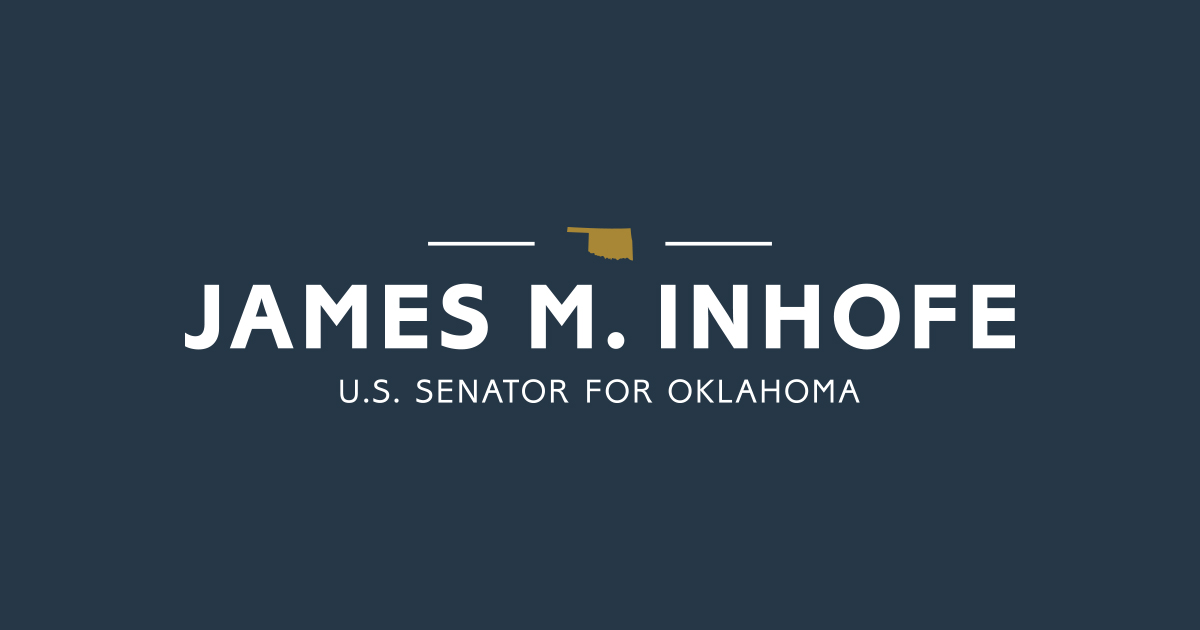Source: United States Senator for Oklahoma James Inhofe
Today, U.S. Sen. Jim Inhofe (R-Okla.), ranking member of the Senate Armed Services Committee, gave an opening statement at a committee hearing to receive testimony on United States Nuclear Strategy and Policy.
Witnesses include: the Honorable Madelyn Creedon, Research Professor at George Washington University in the Elliott School of International Affairs; the Honorable Rose Gottemoeller, Steven C. Hazy Lecturer at Stanford University Freeman Spogli Institute for International Studies and Center for International Security and Cooperation; the Honorable Eric S. Edelman, Counselor at the Center for Strategic and Budgetary Assessments and Director, of the United States Institute of Peace.
Inhofe: Thank you, Mr. Chairman. I also want to welcome our witnesses, and thank you all for your long service to our nation. Today, we are facing greater nuclear threats than at any time since the worst days of the Cold War – threats that are expected to become even worse in the coming years.
China’s massive military investments, especially its stunning nuclear breakout, will reshape the global balance of power in ways we have never seen before. Putin’s unprovoked invasion of Ukraine and his pursuit of new nuclear capabilities clearly demonstrate that Russia remains a primary threat to the West.
The U.S. has never faced two nuclear armed peer adversaries. It’s clear to me that we are not prepared for this reality. Despite ongoing efforts to modernize, our own nuclear forces are older and less capable than they have been in the past. Our supporting infrastructure is literally crumbling.
Thankfully, the Biden administration did not adopt some of the more radical options discussed during the recent Nuclear Posture Review. However, the administration’s decision to discard planned enhancements to our forces, even as China and Russia grow their arsenals, was disappointing to say the least.
Based in part on the advice of numerous senior officers, we have taken bipartisan steps to reverse those faulty choices, but we have much more work to be done. Each of you represents decades of experience in nuclear issues, and I am glad you are here to offer us your perspectives on the challenges we face and how we can best prepare our nation for dealing with a dangerous future.
I look forward to your testimony. Mr. Chairman
